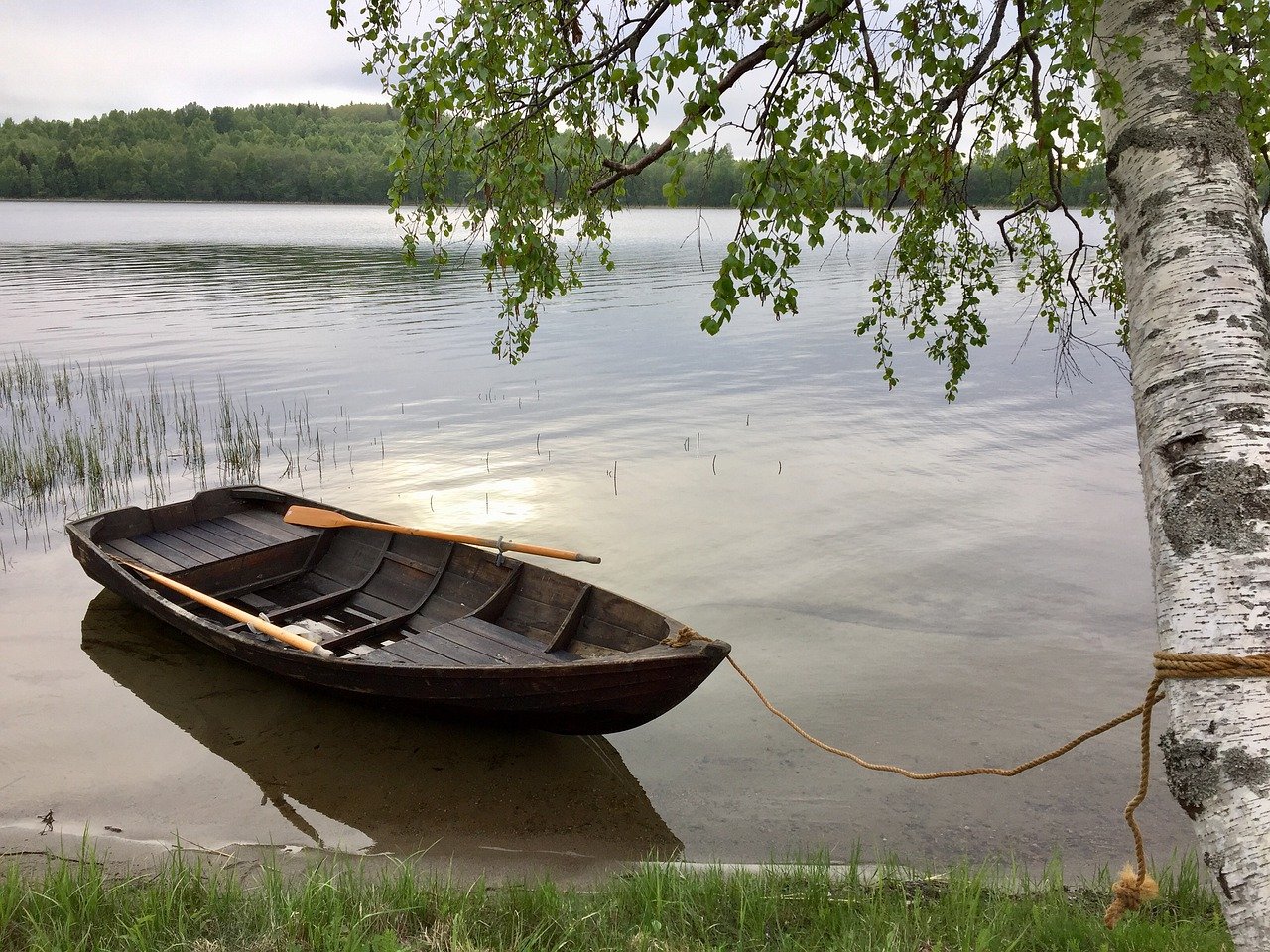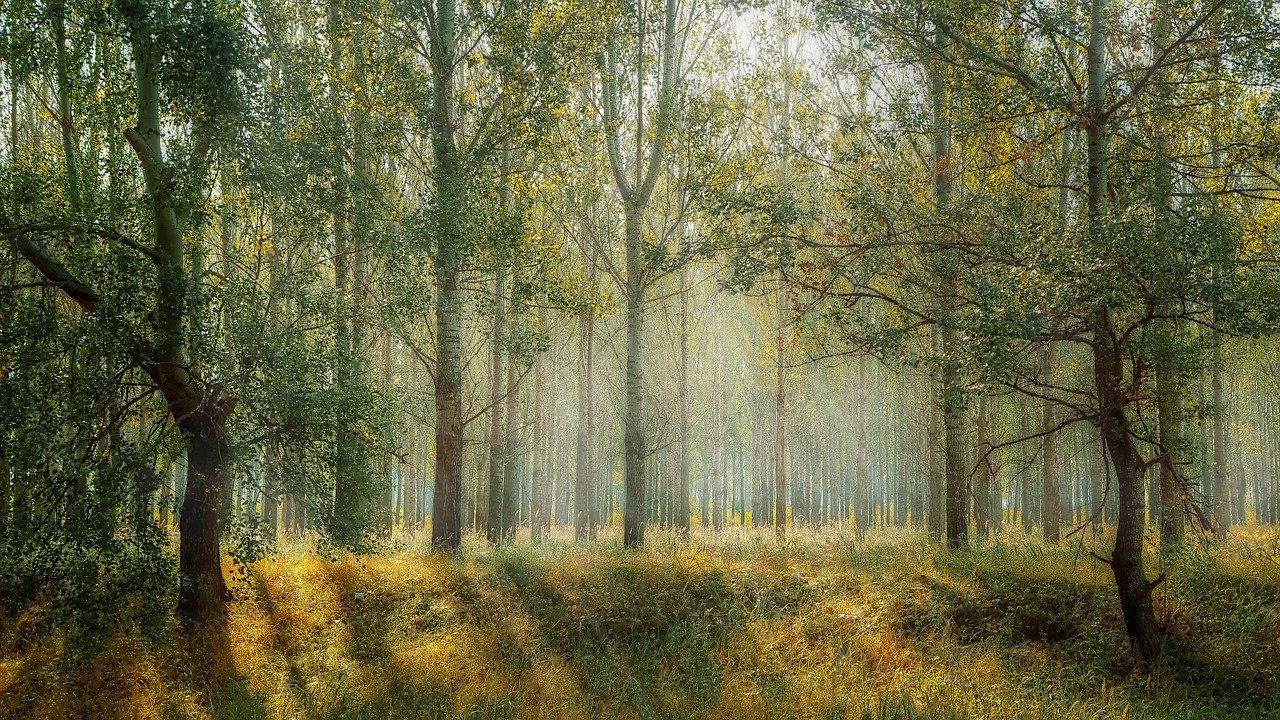The experience of nature has an effect on the body and mind. After all, we have always realized this, and not only, because in recent years the attention on psychophysical well-being and our relationship with the environment has multiplied. Immersing yourself in an uncontaminated landscape is anti-stress: just a few steps are enough to realize it. Air enters through the nostrils, deep, filling the lungs. The breath acquires a different, slower, and more relaxed rhythm. We immediately feel different, extraordinarily alive. And this is the fulcrum of ecotherapy.

Source: Pixabay
In which environment do you decide to spend your free time? The world we experience out there every day affects the quality of our thoughts, that’s why you should start answering this question seriously. A survey on the subject was conducted by the Psychology Department of Stanford University, California, in collaboration with the Royal Swedish Academy of Sciences and the Stockholm Resilience Center, a research center dedicated to resilience located in the city of Stockholm, Sweden. If for years the studies have shown the connection between our mental well-being and the earth, the association now becomes deeper, because it touches the submerged world of the brain and its functioning, a still unexplored territory on which neuroscience is entering.
Nature and psychophysical well-being

Source: Pixabay
The subjects involved in the test were divided into two groups: one part of the participants was invited to take a 90-minute walk in nature, while the second group walked in the urban context. The results? Those who have tasted a walk in the green have seen a reduction in the tendency to brood, an activity that perhaps you also practice regularly.
Overthinking occurs when you feel like your mind can’t stop. In times of stress or intense worry, it happens frequently. Thoughts seem to chase each other, tireless, so much so as to take away even sleep. We end up thinking always and continuously, one thought after another, without respite; now it’s the washing machine to do, the children, or that unpaid dentist’s bill, the Saturday shopping, what are we going to do for lunch tomorrow. According to researchers in the city, this trend is more frequent. Noises, stimuli, speed, all these variables have an influence on the speed and quality of our thoughts.
Stop! Nature has this effect.

Source: Pixabay
I stop thinking, little by little. Then, the feeling of “overflow” gradually eases. It is our heart that becomes lighter. Step by step we drop thoughts, worries. We stop checking and so we end up forgetting a little about ourselves and letting ourselves go. The bar stops being always raised on the sense of duty. Feel a new fluidity and magically you are connected to the world again. You synchronize with your internal rhythm, with the sensations of the moment you are experiencing: here and now. The rest doesn’t matter.
The profound meaning of ecotherapy
The term ecopsychology was born in California in 1989 when a study group was created in Berkeley to discuss psychology, the environment, and therapy. In reality, an ancient seed exists within this movement capable of involving passionate scholars from one part of the world to the other. Within ecotherapy, we find the primordial concept, common to the wisdom of many peoples of the world of nature as a cure. Our connection with the environment changes heals and helps us, we have always known this. Now is the time to rediscover this soul awareness.


